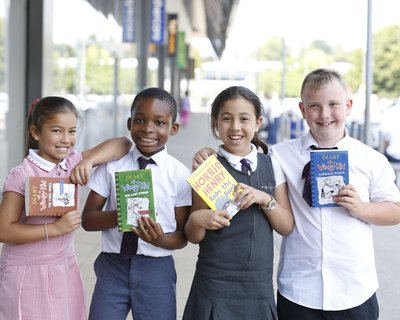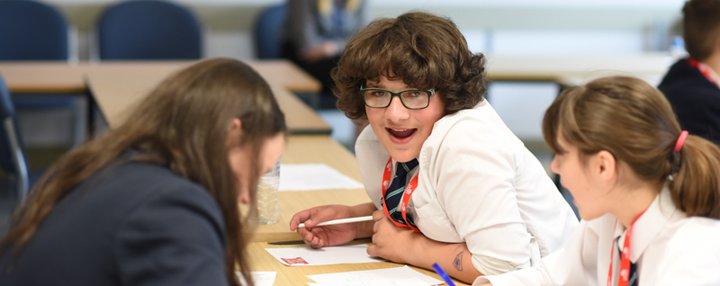Our research programme
Our research programme is designed to:
- raise literacy attitudes, habits and skills across the UK
- underpin our programmes, campaigns and policy work
- inform our identity as an organisation

Research work
-
An overview of our key insights and reports across different areas of literacyLearn more about Research themes.
-
Take part in a survey, work with us on a project or commission a report.Learn more about Get involved with our research.
-
Keep up to date with the latest literacy research.Learn more about Research reports.
What we do
-
Annual literacy trackers
We ask children, young people and other stakeholders about literacy using large-scale national surveys.
-
Issue-led research
We explore literacy issues using multiple approaches to further our understanding on a commission basis.
-
Evaluating our work
Our evidence-based approach means we comprehensively explore the impact of our programmes.
-
Bespoke evaluations of programmes or products for others
Commission us to help you understand your impact.



